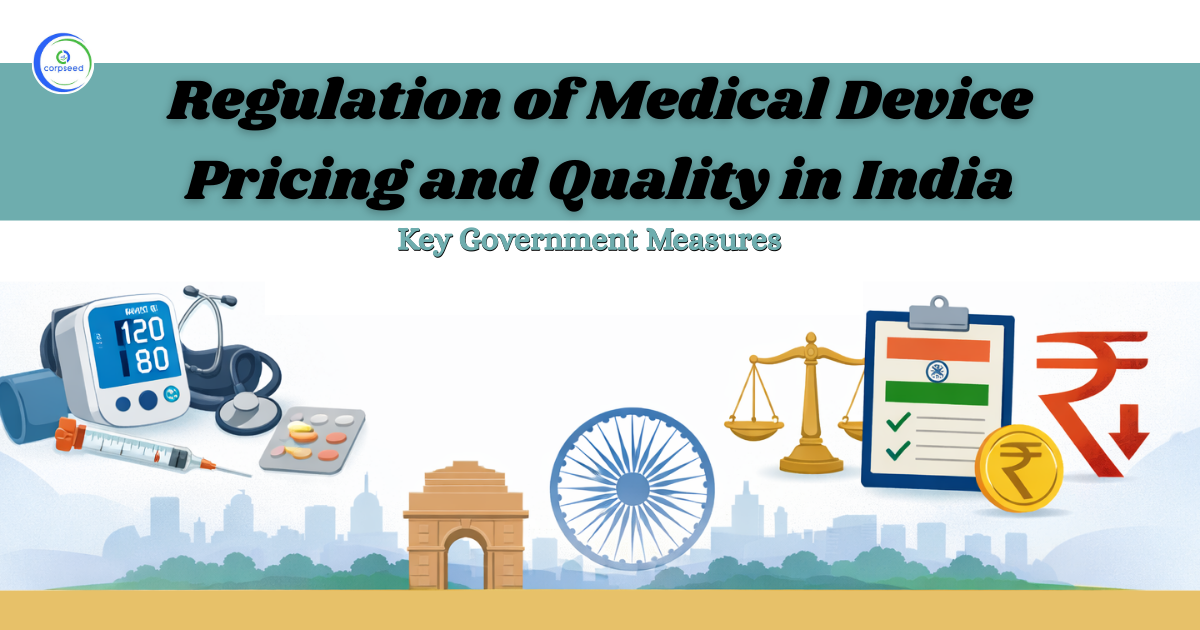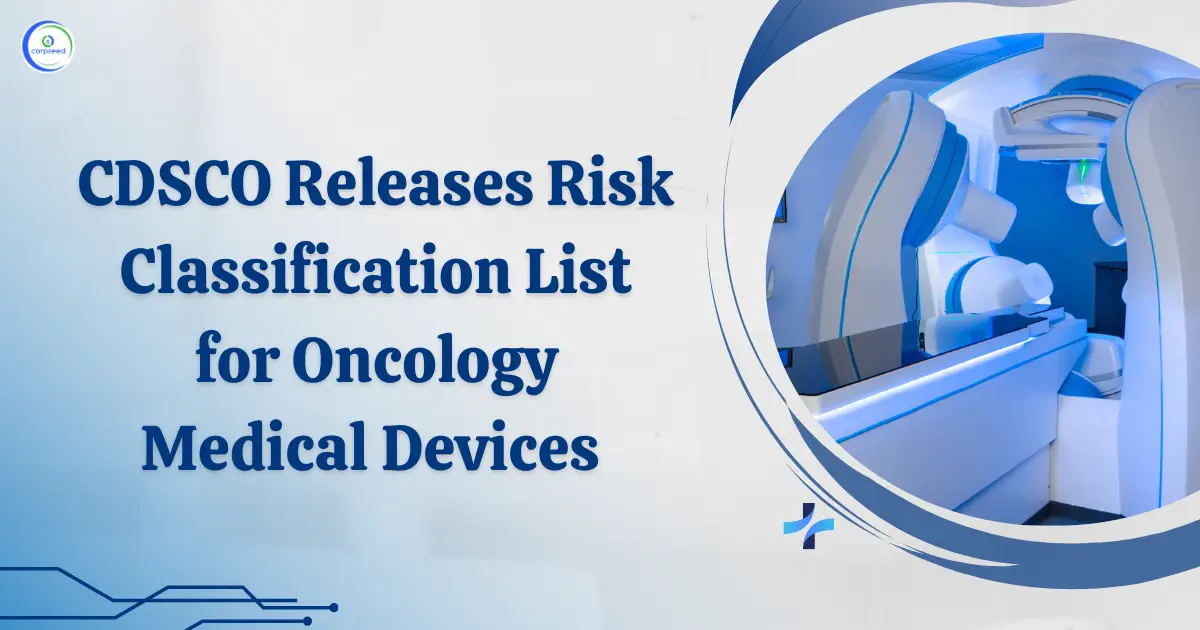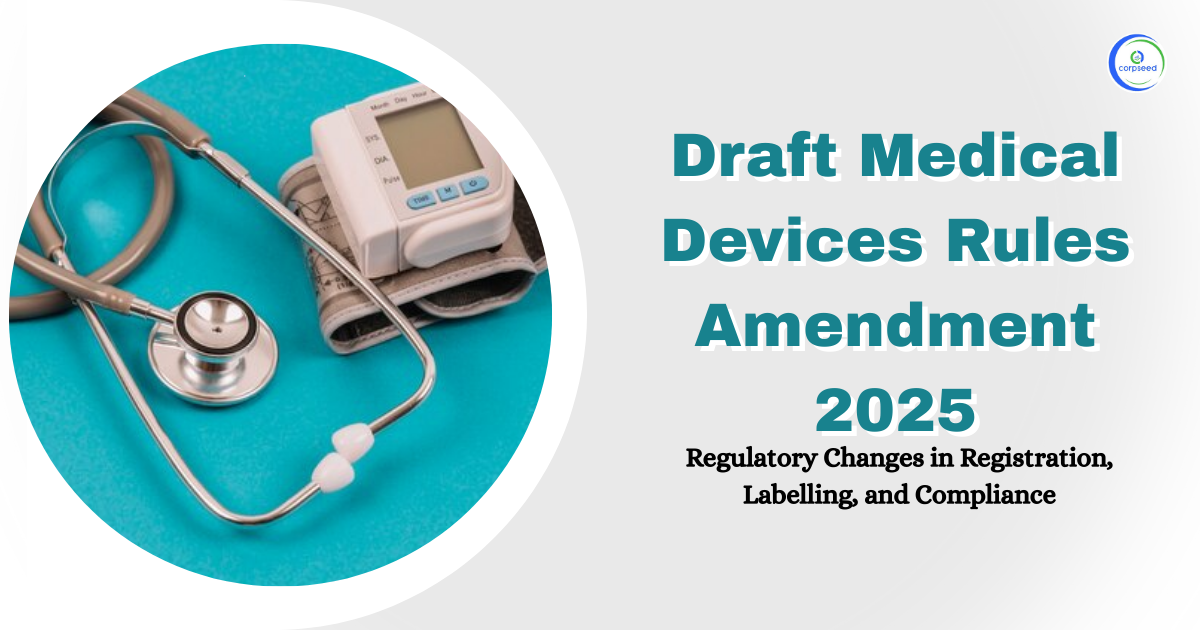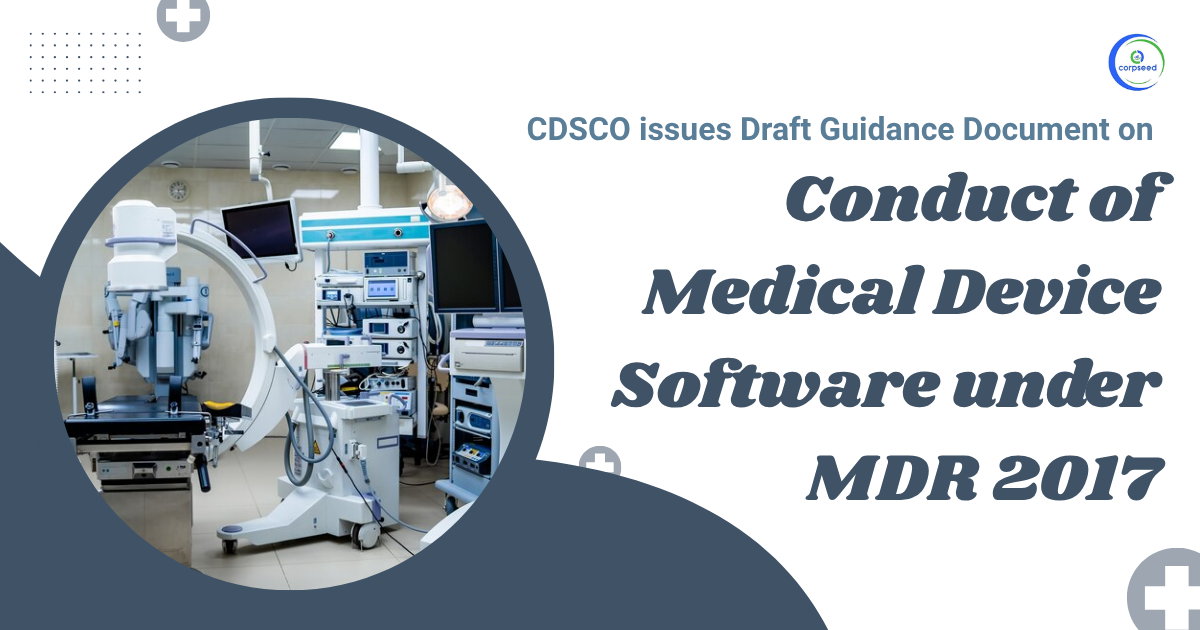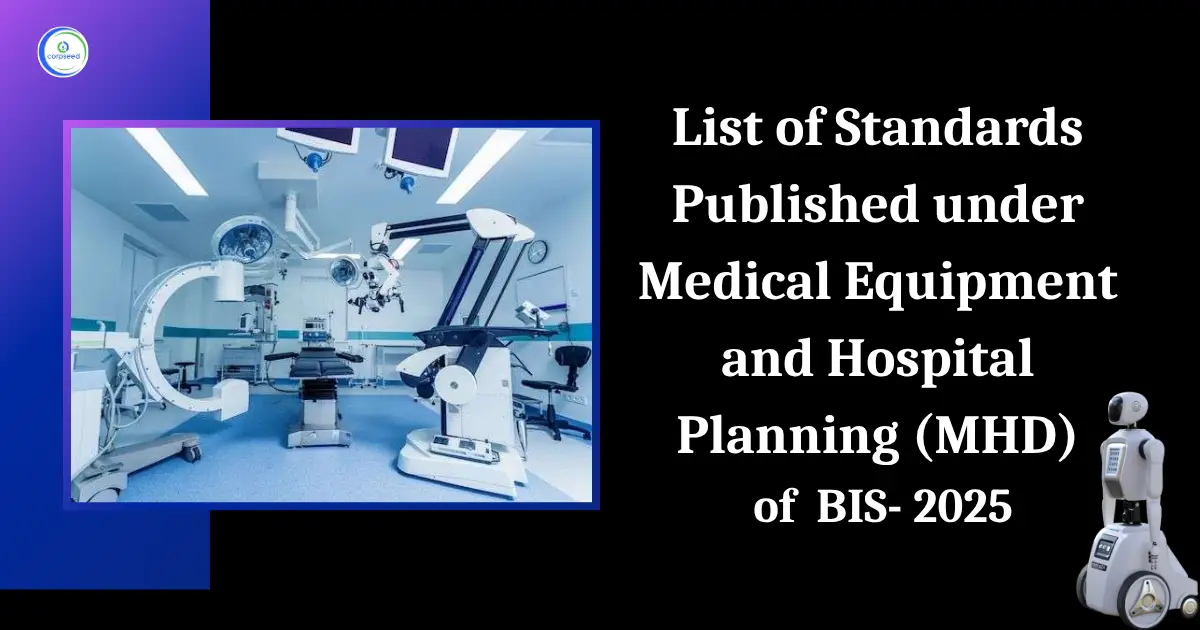Recently, the government has mandated the use of Good Manufacturing Practices as recommended by the World Health Organisation (WHO) for the businesses involved in manufacturing drugs and other pharmaceutical or biological products. The move was initiated after the outbreak of news on the global front regarding the contamination of drugs of Indian Origin. Some businesses already operate on these guidelines, but the WHO GMP Certificate was not compulsory until now. If a pharma company does not possess GMP Certification in India now, then the government will initiate appropriate action against the business, and its licence for the manufacturing of pharmaceutical products will be suspended.
Table of Contents
--------------Blog Contact Form-------------
What is WHO GMP Certificate?
GMP stands for Good Manufacturing Practices. The World Health Organisation (WHO) has issued these guidelines for consistent quality assurance in the production of medicinal products. It ensures that the products adhere to quality standards for their intended use. As the international body to promote public health and safety globally, the WHO facilitates nations to receive safe drugs through imports and exports. Across the globe, many countries have already mandated the guidelines of WHO and do not accept imports of medicines from businesses that do not possess WHO GMP Certificate.
Need for Good Manufacturing Practices (GMP)
The main objective of GMP Certificate or Good Manufacturing Practices is to minimise the risk of producing pharmaceutical products, including drugs. There have been cross-contamination and false labelling, which can be a massive risk to public health and safety. For this reason, risk assessment and resolution are of utmost importance. The same is the central idea of GMP guidelines. That is why India is also compulsorily implementing Good Manufacturing Practices (GMP) in the pharmaceutical industry and mandating GMP Certificates for the manufacturing of drugs.
Consequences of Non-Compliance of GMP Certification in India
There will be strict consequences if a company manufactures drugs and does not comply with GMP guidelines and possess a WHO GMP Certificate. The companies must obtain a Good Manufacturing Practices Certificate to continue their operations. Companies with a turnover of more than 250 crore rupees need to implement GMP within six months, while companies with a turnover of less than 250 crore and other MSMEs can take one year before implementing GMP in their production process. If the company does not obtain the GMP certificate before the deadline, its licence may be suspended.
Read Our Blog: GMP Consultants for Pharmaceutical Products in India
Guidelines under GMP Certification in India
If you are wondering how to get the Good Manufacturing Practices (GMP) Certificate, you need to follow the guidelines of Good Manufacturing Practices. A pharmaceutical company has to comply with various checks to obtain GMP certification in India. Some significant statements are as follows-
- General Requirements
The location of the manufacturing unit and surroundings shall be suitable to avoid any case of contamination with the drug. The building should be designed and constructed to provide hygienic conditions for the production process. There should also be a proper water system and arrangements for waste disposal.
- Warehousing Production and Ancillary Areas
The warehouse should have appropriate temperature and humidity control with proper housekeeping and pest control. The production area shall be designed according to the logical sequence of manufacturing operations. Colour-coded pipework and electrical fittings should be installed. Ancillary areas shall not lead directly to manufacturing or storage areas.
- Quality Control Areas
Quality Control Laboratories must be independent of production areas with separate sections for different types of analyses. Adequate space should be provided to prevent mix-ups and cross-contamination. There should be sufficient storage space for various materials and records. The laboratory's design should consider appropriate construction materials, ventilation, and specific air handling units for different testing areas. Additionally, separate sections for chemical, microbiological, and possibly biological testing should be established, with appropriate arrangements like airlocks and laminar airflow workstations in the microbiology section if needed.
- Personnel
Manufacturing must be supervised by qualified technical staff. The Quality Control Laboratory head should be independent of the manufacturing unit. Personnel for Quality Assurance and Quality Control should be suitably qualified and experienced. Adequate personnel and training should be provided, and employees should maintain high levels of personal hygiene and avoid direct contact with raw materials. Smoking, eating, and drinking must not be allowed in production, laboratory, or storage areas to prevent any adverse influence on product quality.
- Manufacturing Operations
Manufacturing operations must be supervised by approved technical staff, and critical steps in the process should be performed by trained personnel under their direct supervision. Vessels and containers used in the manufacturing and storage stages must be labelled with product information. Precautions should be taken to prevent mix-ups and cross-contamination and maintain sanitation in the manufacturing premises. Raw materials should be properly stored, labelled, and examined upon receipt. Equipment must be appropriately designed, constructed, and maintained to ensure product quality. Calibration and checks of measuring equipment should be done regularly. Non-toxic lubricants should be used to avoid contamination, and defective equipment should be removed from production and Quality Control areas.
- Documentation
Documentation is vital for Good Manufacturing Practices (GMP) and includes specifications, manufacturing methods, and controls. Approved and well-maintained documents should be easily traceable, while records must be retained for at least one year after the product's expiry date. Electronic data processing may be used, but hard copies of essential procedures should also be available for verification. Access to critical data should be restricted, and suitable backups should protect electronically stored batch records.
- Quality Assurance Practices
Quality Assurance ensures that pharmaceutical products are manufactured and controlled according to Good Manufacturing Practices (GMP). Self-inspection and quality audits are conducted to assess and improve the system. The Quality Control System involves sampling, testing, and documentation to ensure product quality. Qualified and experienced staff manage the quality control laboratory, and specifications for materials and products are established. Records of assessments, stability studies, and instrument calibrations are maintained. The in charge of Quality Assurance investigates product complaints, and reference materials are available in the Quality Control Laboratory.
- Technical Records
Specific SOPs must be followed to create technical records for the products. It includes Master File Records, Packing Records, Batch Packaging Records, and Batch Processing Records.
- Reference Samples
Reference samples of active ingredients must be retained for three months after the last batch's expiry. Finished formulation samples should be stored in the same or simulated containers used for actual marketing.
- Other Guidelines
Apart from the points mentioned above, the business entity must also adhere to the rules prescribed for reprocessing, recovery, distribution records, validation studies, product recalls, complaints, and creation of site master files.
Implementation of WHO GMP Certificate in India
Incorporation of a digital audit system in medical companies will ensure smoother GMP certification processes and regulatory compliance, fostering a culture of continuous improvement and patient safety. If Good Manufacturing Practices (GMP) are implemented well, they will benefit the regulatory system in various ways. Some significant after-effects will be as follows-
- Enhanced Efficiency: Digital audit systems streamline the audit process, making it more efficient and reducing the time and effort required to conduct and manage audits.2. Real-time Data Access: Auditors can access real-time data and documentation with a digital system, enabling quicker decision-making and issue resolution.
- Improved Compliance: Automation helps medical companies adhere to GMP and other regulatory requirements more effectively, reducing non-compliance risk.
- Centralized Data Management: A digital system centralises all audit-related information, making it easier to track, store, and retrieve data.
- Data Security and Integrity: Digital systems offer better data security measures, ensuring the confidentiality and integrity of sensitive audit information.
- Analytics and Insights: Digital audit systems can provide valuable insights through data analytics, helping medical companies identify trends and areas for improvement.
Conclusion
The mandatory implementation of WHO Good Manufacturing Practices (GMP) in India's pharmaceutical industry ensures consistent quality, safety, and compliance with global standards. GMP certification is essential for international trade and facilitates companies to export their goods to any country without worrying about the acceptability of the consignment. The deadlines prescribed by the government will also encourage business owners to get the GMP certification. If they do not comply with the deadline, the government may suspend their manufacturing licence. To implement the GMP guidelines seamlessly, the government may consider adopting digital audit systems to enhance efficiency, real-time data access, and regulatory compliance. Centralised data management and security measures safeguard sensitive information. Overall, embracing GMP practices strengthens India's pharmaceutical sector, making it more reliable and responsible in the global market, benefiting both the industry and consumers worldwide.
This portion of the site is for informational purposes only. The content is not legal advice. The statements and opinions are the expression of author, not corpseed, and have not been evaluated by corpseed for accuracy, completeness, or changes in the law.
BOOK A FREE CONSULTATION
Get help from an experienced legal adviser. Schedule your consultation at a time that works for you and it's absolutely FREE.


